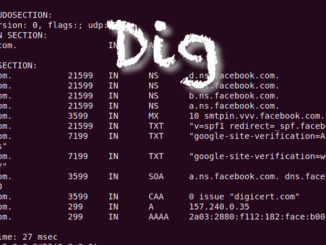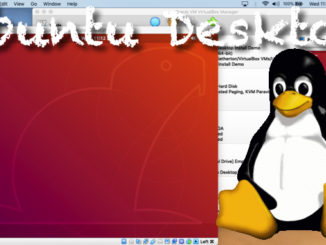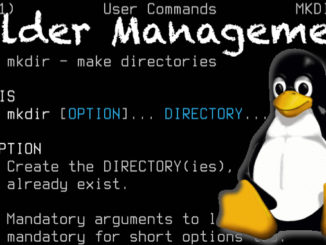Understanding Linux is a must in the modern world as a technology professional. Whether you’re building IoT projects, or simply managing websites Linux will many times be your go to operating system of choice.
What is Linux ?
- Linux is technically simply the kernel for the GNU/Linux Operating System. GNU is what provides all the functional utility that people associate with an operating system.
- Most people don’t know how to say “GNU” and don’t care to learn so they just say “Linux”.
- In the real world technicians will talk about the distribution of Linux they are using such as “Ubuntu, CentOS, or Mint”, or just use “Linux” as a generic term for the servers they are running.
Linux is Not Unix
- GNU stands for “GNU’s Not Unix”. GNU was replicating the look and feel of Unix and so outwardly Unix and Linux appear the same, but the actual code is different.
- Applications have to be specifically written, or ported, to make them work on either Linux or Unix.
Why You Should Learn Linux?
- Many servers already are running Linux, and IoT projects generally use Linux for their Operating Systems.
- Linux is very good for specific tasks.
Is Linux Hard to Learn?
- Linux is not hard to learn especially if you start with a GUI shell.
- One reason Linux has a bad reputation is that even the professional instructors of Linux can be out of touch, and make concepts overly complicated.
- capitalization does matter in Linux, so many people think they are typing the right commands, and get frustrated when things do not work how they think the should. File, file, filE and FILE are all different files.
How to Learn Linux?
- Ubuntu is the most popular distrobution of Linux and so is a good place to start.
- You can install Linux into a Virtual Machine using VirtualBox, or put it on an old desktop/laptop.
- The best way to start learning Linux is to try it, and by starting with a Desktop Version with a GUI it will be easier.
- There is not a lot to “Linux” itself. The applications make it powerful and complex. Learn the basic tasks and then build your knowledge by testing additional applications.
Should you switch to Linux?
- Institutional Knowledge and confidence is a big issue for corporations. If your company already employees MCSE’s there may not be a business justification to migrate to Linux.
- The applications you use will drive what Operating System you require. If all you use are SaaS products Linux may be great, but if you need to install specific applications it may be better to stick with Windows or MacOS.




Be the first to comment